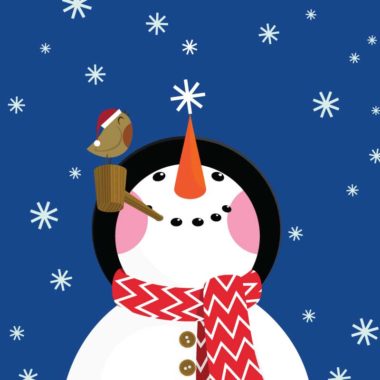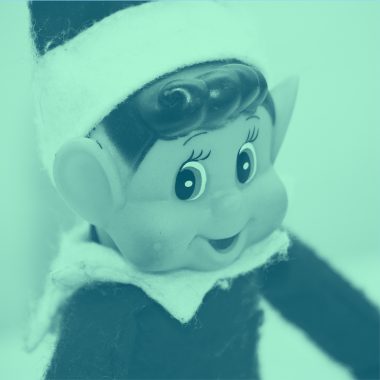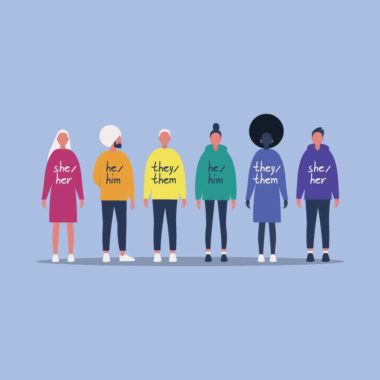Dictionary.com’s Winter Break Word Challenges For Kids
Ah, winter break. That welcome respite from homework, early morning alarms, and packing lunches … well, for about the first four hours anyway. That’s generally when the kids’ cries of “I’m bored!” start echoing through the house, and you contemplate how long you can get away with sending them outside when the weather is something frightful. To stop those cries (or at least dampen them …











